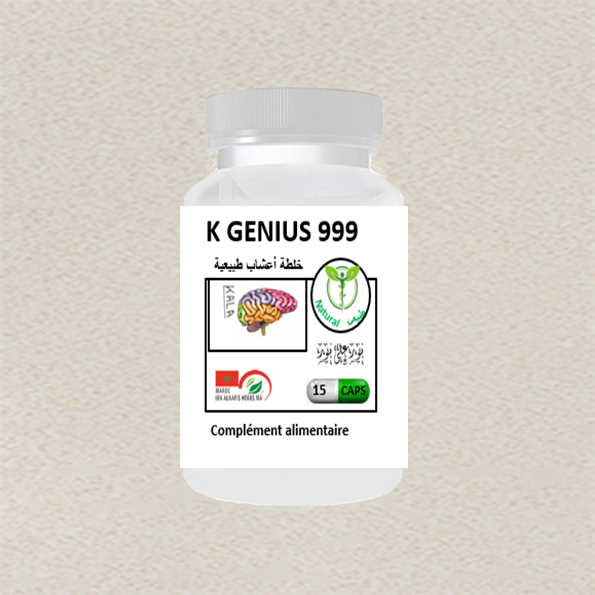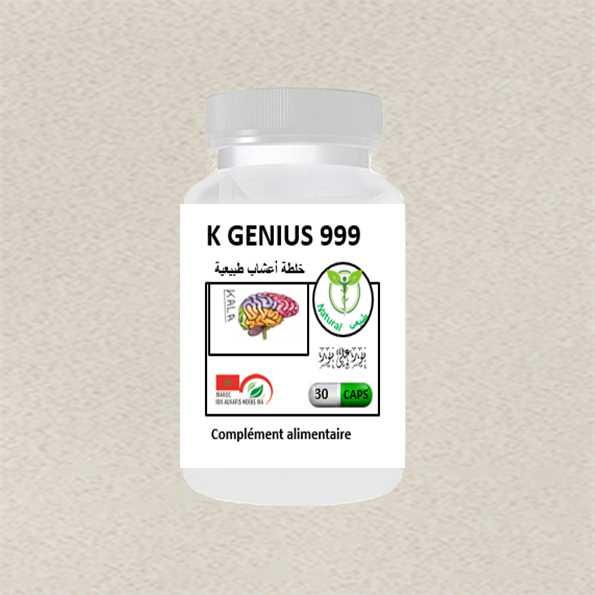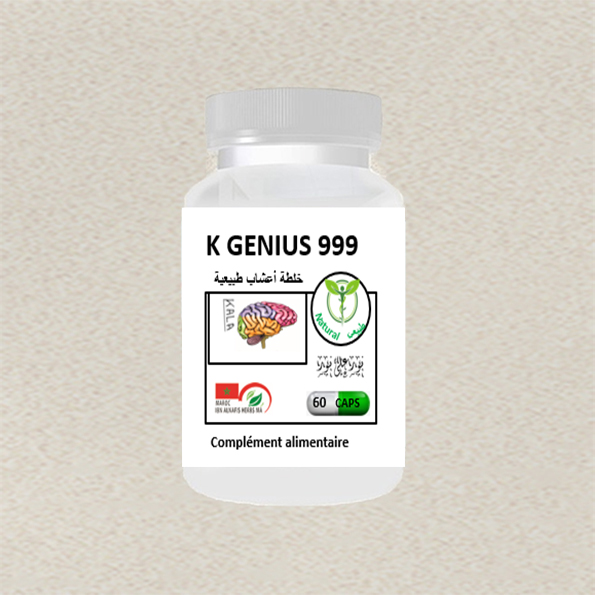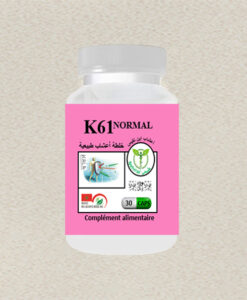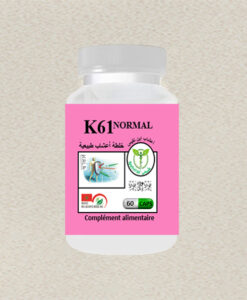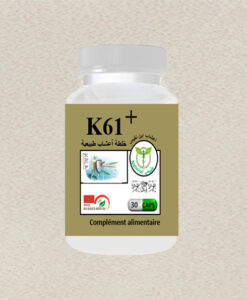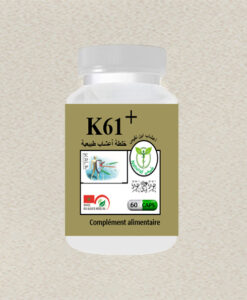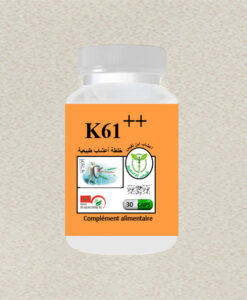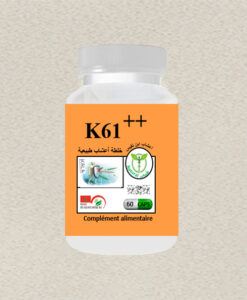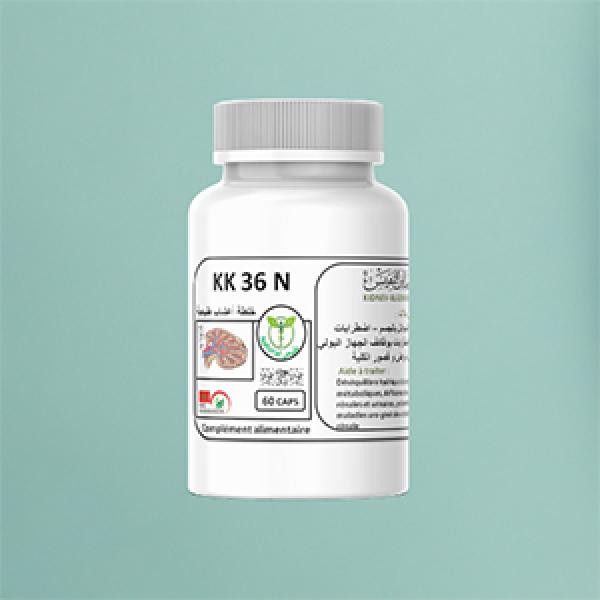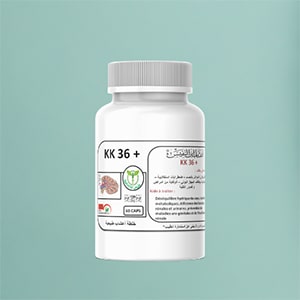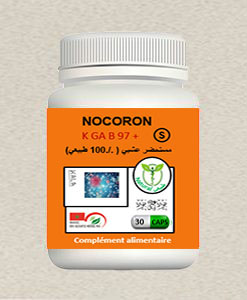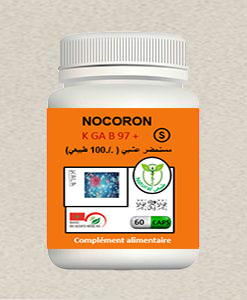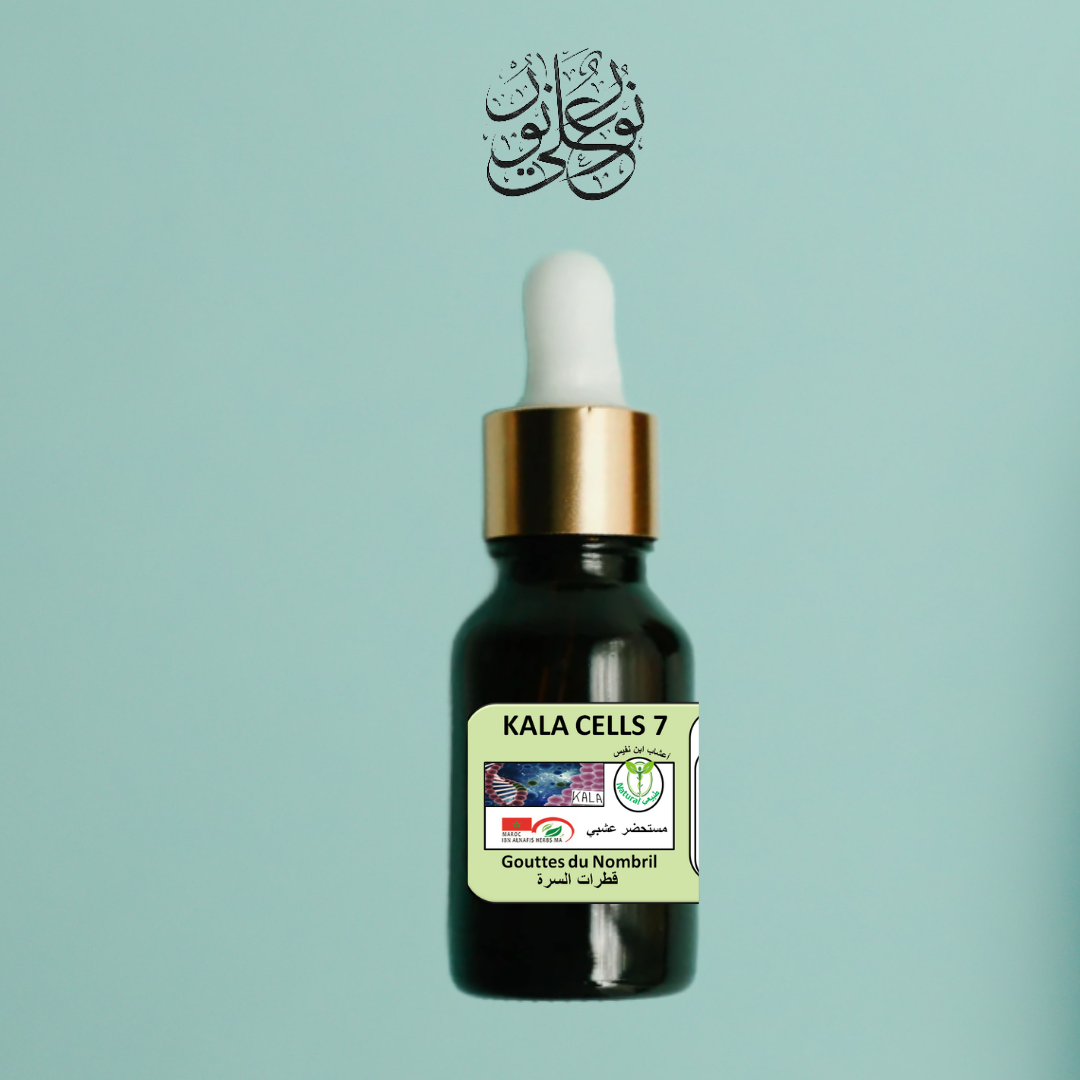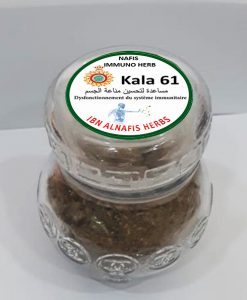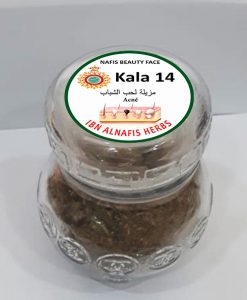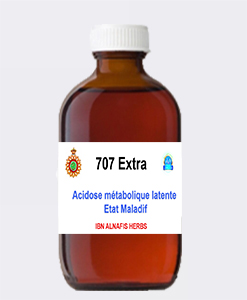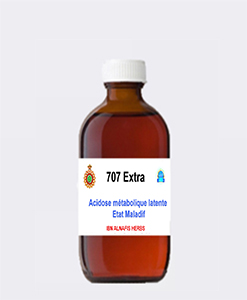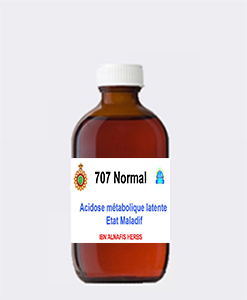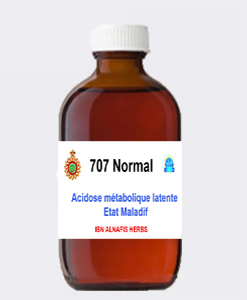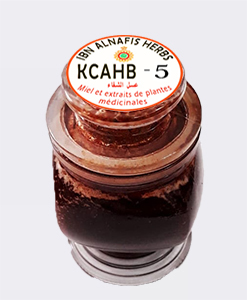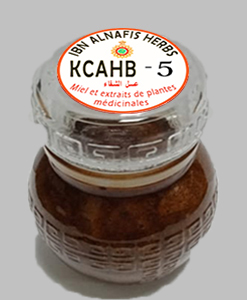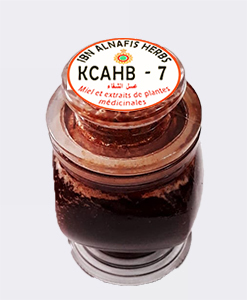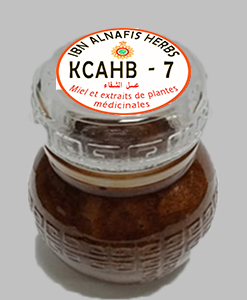Skin allergy – acne – dermal inflammation – burns and wounds
SKIN DISEASES :
The skin is an organ whose mass and surface are the largest in the body. It protects other organs from infections, injuries and harmful rays, it allows the sense of touch.
Made up of 3 superimposed layers (epidermis, dermis and hypodermis,) the skin has fundamental functions:
-skin barrier that protects against external agents
-thermal regulation because it allows the body to regulate its temperature
-immune by capturing foreign bodies (viruses, bacteria, allergens, etc.) in order to stimulate the body’s immunological defense.
The cells of the epidermis, the keratinocytes, detach from the skin surface at the end of a 20-day cycle.
The dermis, 4 times thicker than the epidermis, has an active multiplication of cells, collagen to repair damaged tissues. It contains nerve endings, blood vessels, sometimes fatty tissue, skin glands (sebaceous and sweat) and hair roots.
The hypodermis, rich in fat and blood vessels, absorbs the pressures to which the skin is subjected and protects the body from temperature variations.
The skin continually secretes sebum and sweat, the role of which is protective, but their accumulation with that of dead cells can be harmful. Excessive perspiration and sweat interact with bacterial proliferation. Washing your skin carefully remains an essential step.
Skin problems are numerous, unsightly and sometimes contagious. Diseases ranging from acne to shingles and skin cancer are often difficult to treat and get rid of.
These diseases include: skin allergy, rosacea, acute or chronic eczema, atypical dermatitis, seborrheic dermatitis, dermatosis, herpes (genital, labial, ocular), chickenpox, measles, erythema, psoriasis, urticaria, ichthyosis, mycosis, warts, vitiligo, etc.
Please contact us for any information, explanation or advice about our products.
Get information and consultationGG


